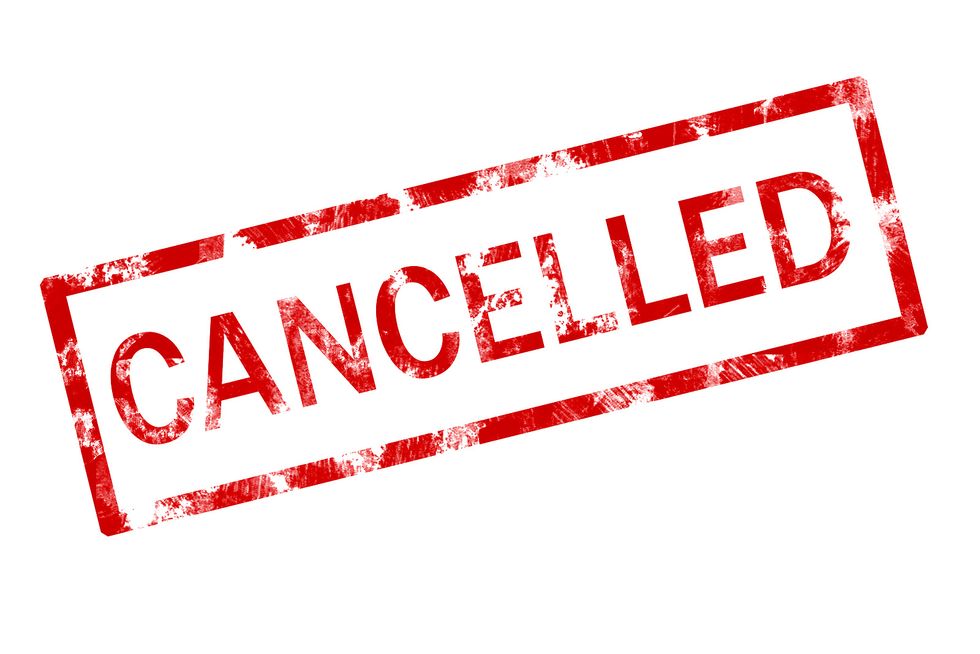If you have any sort of social media, you can probably see that there have been many controversies going around lately. From Shane Dawson to Jeffree Star, there are many social media influencers and cosmetic brands that have had unacceptable behavior and must be held accountable for it, but at what price? That is when cancel culture comes in, but can it do more harm than good? Let's talk about it.
What is cancel culture?
You can think of cancel culture like a boycott. A person or a brand has done something that offends you, and you react by not supporting that brand or person anymore. Essentially, you would stop financially supporting them. However, cancel culture can get a bit more extreme. People can bring up things from the past, unaddressed or not, and hold them accountable for it. Moreover, the responses from that particular situation can show the person or business why they are upset with them to promote future change.
Is cancel culture beneficial?
Yes, and no. Yes, because it helps an individual make financial decisions. If a brand or individual does something that is unforgivable, then it is crucial that you do not support them. However, we also do want to give someone a chance to grow. People do make mistakes, so if the offense is minor then we should give them the chance to learn and grow from it. At the same time, if they continue to make the same mistake multiple times and have proven that they cannot change, then they should absolutely be canceled. It is not the responsibility of the offended person to teach someone how to act.
When is cancel culture appropriate?
That is up to each person to decide. If anybody gets offended by something someone said, then they have every right to cancel them if they wish. We cannot change someone's opinion about a person or company, only that person can make that decision for themselves. If someone commits an unspeakable act, then yes they should be canceled. However, if one does apologize and show growth, should we consider forgiving them and not canceling them? Again, that is up to each person to decide. Personally, if one shows personal growth and seems sincere about their apology, I would like to give them the benefit of the doubt and try to forgive them.
Overall, each person has their own opinion and we must learn to respect that. If we could work together as a society in order to teach those around us, then cancel culture is absolutely necessary. Even though people do make mistakes, we must consider the severity of the offense and whether it is forgivable. Make sure you consider all of the facts in the situation and do what is best for your well-being. Additionally, it is important to talk about these topics and be open to having a peaceful discussion with our peers so that way we can all learn from each other. Ask yourself: what do you think about cancel culture?



















